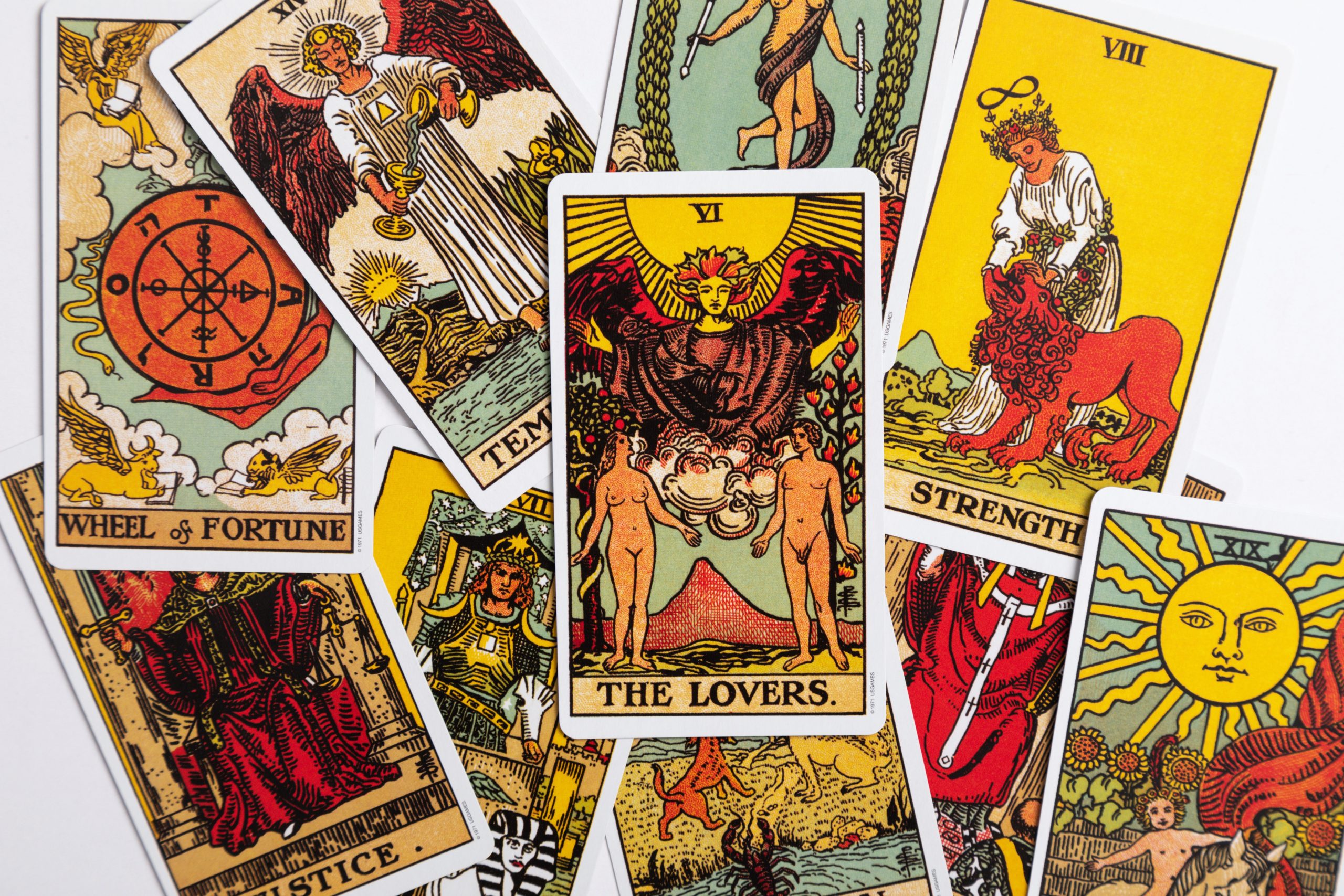What Do You Call a Tarot Reader?
When it comes to the mystical world of tarot reading, you may have heard various terms thrown around, such as tarot reader, tarot card reader, tarot practitioner, or even fortune teller. With so many different titles, it’s understandable if you’re unsure about the correct terminology. In this blog post, we’ll explore these different names and shed light on what exactly you should call a tarot reader.
What Is Tarot Reading?
Before we dive into the different names for tarot readers, let’s briefly touch upon what tarot reading actually entails. Tarot reading is a divination practice that originated in the 15th century. It involves using a deck of 78 cards, each with its own unique symbolism and meaning.
The tarot reader shuffles the cards while focusing on the querent’s (the person seeking guidance) question or situation. The querent then selects a certain number of cards from the deck, which are laid out in a specific pattern or spread. The tarot reader interprets the cards’ symbolism and provides insights, advice, and potential outcomes based on their interpretation.
Various Names for Tarot Readers
1. Tarot Reader: The most common and straightforward term used to describe someone who reads tarot cards is simply “tarot reader.” This term covers a wide range of individuals who engage in tarot reading, from beginners to seasoned professionals.
2. Tarot Card Reader: Similar to “tarot reader,” the term “tarot card reader” emphasizes that the person specifically focuses on reading tarot cards. It helps differentiate them from other types of divination practitioners who may use different tools, such as astrology or palmistry.
3. Tarot Practitioner: Some individuals prefer to use the term “tarot practitioner” to describe themselves. This broader term encompasses not only the act of reading tarot cards but also other skills and knowledge related to tarot. A tarot practitioner may engage in activities like studying tarot symbology, designing tarot spreads, or teaching tarot classes.
4. Fortune Teller: While the term “fortune teller” is often associated with tarot reading, it’s important to note that not all tarot readers identify as fortune tellers. Fortune telling generally implies predicting specific future events, while tarot reading focuses more on offering guidance and insights for the present and potential paths moving forward. Some tarot readers may embrace the label of “fortune teller,” while others may find it limiting or inaccurate.
Titles Based on Experience and Expertise
Beyond these general terms, some titles are more specific to a tarot reader’s level of experience or expertise:
1. Professional Tarot Reader: This title applies to individuals who offer tarot reading as a paid service. Professional tarot readers often have extensive experience and a deep understanding of tarot card meanings and spreads. They may run their own businesses, read at metaphysical fairs, or offer online tarot readings.
2. Master Tarot Reader: A master tarot reader is someone who has spent a significant amount of time studying and refining their tarot reading skills. They have a comprehensive knowledge of tarot symbolism, different tarot decks, and are highly skilled at interpreting the cards. These individuals are often sought after for their expertise and accuracy.
Choosing the Right Term
When interacting with a tarot reader, it’s generally recommended to use the term they prefer to identify themselves with. Some tarot readers may have a strong preference for a particular title, while others may not mind any of the aforementioned terms. It’s important to show respect and use the title that aligns with their personal identification within the practice.
Additionally, if you’re uncertain about which term to use when referring to a tarot reader in a general sense, “tarot reader” serves as a safe and encompassing choice. It acknowledges their primary practice of reading tarot cards without making assumptions about their level of expertise or specific approach to the craft.
In Conclusion
The world of tarot reading is rich with fascinating terminology. From “tarot reader” and “tarot card reader” to “tarot practitioner” and “fortune teller,” these titles carry various nuances and implications. Remember to be respectful and use the terms that tarot readers themselves prefer. Whether you’re seeking guidance or simply intrigued by the art of tarot reading, understanding the different titles will allow you to engage with this ancient practice in a more knowledgeable and inclusive manner.
Table of Contents
